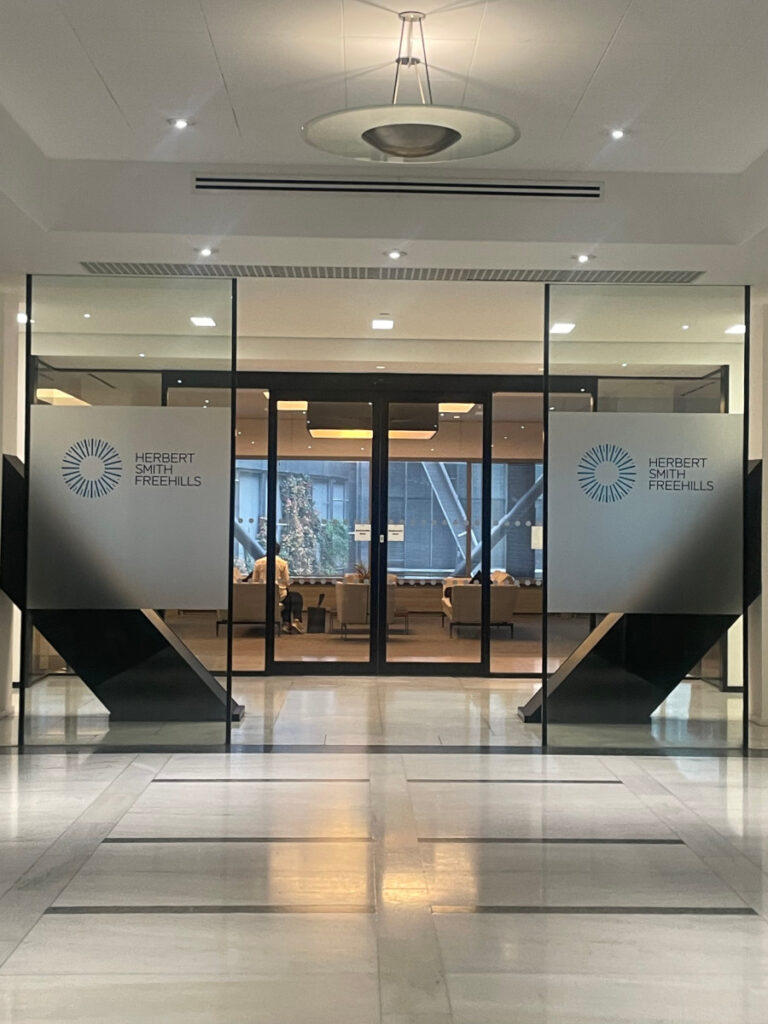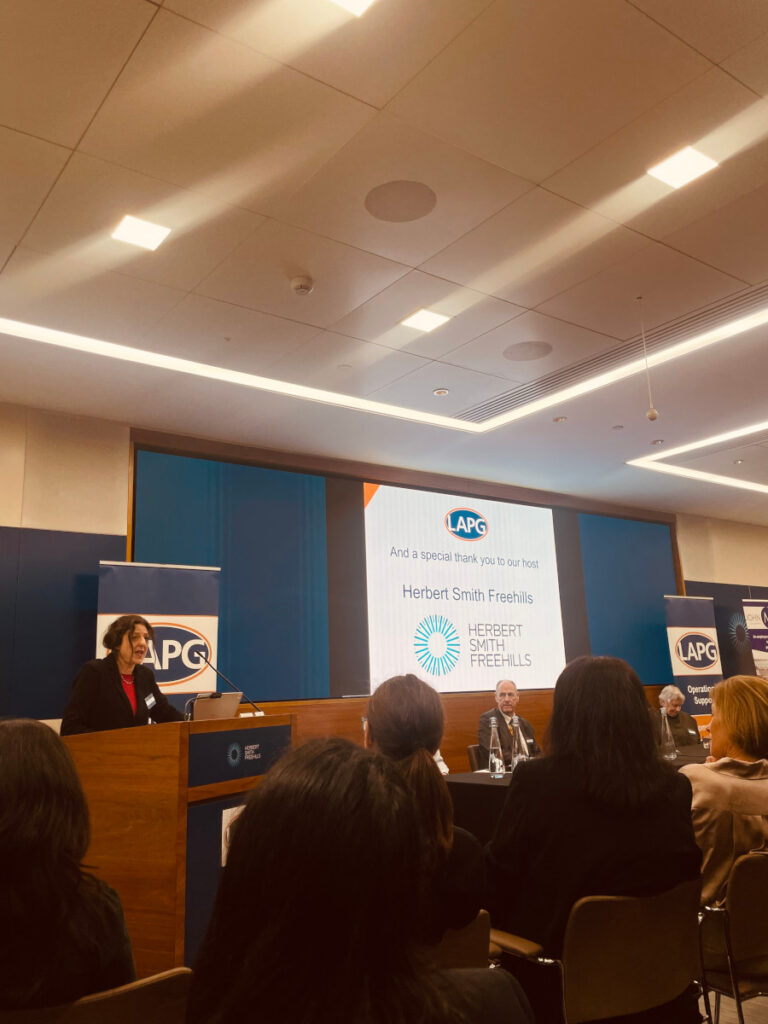
LAPG is the Legal Aid Practitioners Group and at their conference this year (hosted by Herbert Smith Freehills), leading voices in legal aid convened to assess the state of civil, criminal, and family law in the UK. Against a backdrop of funding cuts, policy shifts, and an evolving justice landscape, the panels delivered compelling insights into the challenges and future direction of legal aid in these fields.
The Future of Civil, Criminal, and Family Legal Aid: Introductory remarks
Richard Miller (Head of Justice) from The Law Society opened the discussion by addressing the precarious state of civil legal aid, spotlighting the closure of Taylor Rose, a significant legal aid provider. He pointed out that such closures are symptomatic of an under-resourced system in need of fundamental reform. Miller argued for the necessity of sustained government funding to ensure legal aid’s viability, particularly in family and civil law, warning that these areas are increasingly unsustainable without policy shifts and consistent rate adjustments.
In contrast, Sian Hukin of Reeds Solicitors highlighted the personal toll the legal aid crisis takes on practitioners. Many new professionals face burnout and financial strain, with over half reportedly unable to pursue their legal aid careers as they had hoped. She urged the industry to focus on making the profession a sustainable path for young lawyers, balancing the rewarding aspects of the work with the need for liveable wages. Hukin’s insights underscored a paradox: while the work itself is highly impactful, the demanding workload and low financial rewards discourage new entrants.
Julie Bishop, Director of the Law Centres Network offered a broader vision, calling for an “integrated legal aid system” that is not driven solely by budget constraints but rather designed to serve people’s needs from the outset. Bishop emphasised that legal aid must be treated as an essential public service, adaptable and responsive to diverse community needs.
Current Trends in Family Law

The second panel addressed emerging trends in family law, especially within public law frameworks. A significant focus was placed on the Public Law Outline (PLO), which sets out protocols for local authority meetings with families. Legal practitioners highlighted the need for regular meetings, every 4-6 weeks, to keep cases moving forward and to address local authorities’ concerns about children. Panellists emphasized the lawyer’s role in explaining the process to clients, ensuring they understand and are prepared for PLO meetings.
Practitioners pointed out the delicate balance required in providing both support and free legal advice to vulnerable clients. Mini-meetings before and after sessions were recommended to reinforce guidance and foster trust. By managing client expectations and emphasizing open communication, the panel agreed, lawyers can provide a stabilising presence, helping clients navigate a daunting legal landscape.
Crime and Prison Law Update
The final session focused on criminal law and prison reform, with insights from Zackary Whyte, a criminal defence solicitor, and Andrew Sperling, a solicitor advocate. Zackary offered a “bird’s-eye view” of criminal defence, from extradition cases to protest-related offences. He expressed both pride in his work and frustration with the underfunded, chaotic criminal justice system (CJS). In a January 2024 judicial review action against the Ministry of Justice, the Law Society challenged the government’s approach to criminal law funding. Whyte emphasised that long-term systemic reform is needed, citing the Bellamy report’s call for substantial investment into the CJS (Independent Review of Criminal Legal Aid).
Sperling, a solicitor advocate with a focus on prison law, discussed the profound challenges facing the prison system. He noted a troubling rise in the prison population, doubling over the past 25 years. This overcrowding has led to increased violence, mental health crises, and inadequate living conditions, creating a crisis for inmates and staff alike. Sperling criticised recent government measures, such as the “Operation Early Dorm” tagging initiative and emergency releases, as inadequate responses to overcrowding.
Both Whyte and Sperling emphasised that without a fundamental policy overhaul, including an increase in criminal legal aid funding, the crisis will only deepen. Sperling underscored the dire need to support vulnerable prisoners, including those serving Indeterminate Public Protection (IPP) sentences, many of whom have remained incarcerated for decades beyond their original terms.
Looking Forward: The Path to a Sustainable Legal Aid System

The conference closed with a call for policy changes that treat legal aid as an essential, fully funded public service. Legal aid, the panellists argued, must be restructured not only to support practitioners but also to address the profound need among vulnerable communities. By rethinking funding structures, increasing remuneration for legal aid professionals, and implementing more sustainable, long-term policies, the system may recover its capacity to deliver fair access to justice.
In sum, the LAPG Conference offered a sobering assessment of the legal aid sector while emphasising the critical need for reforms that address the pressures on criminal, civil, and family law. The practitioners’ commitment to vulnerable clients remains unwavering, yet the call for robust government action has never been clearer.
Many thanks to Mensure Yazici for passing on these vital updates from the LAPG Conference. She is a third-year Law student at City, University of London, with a focus on criminal law and justice. Here’s what she says about herself: “My passion for the legal profession extends beyond academics, as I am actively involved in pro bono work and volunteer initiatives that aim to provide legal assistance to underrepresented communities. These experiences have strengthened my commitment to social justice and shaped my ambition to pursue a career as a criminal barrister. Eager to develop my skills and knowledge, I strive to contribute meaningfully to the advancement of the legal field.”

